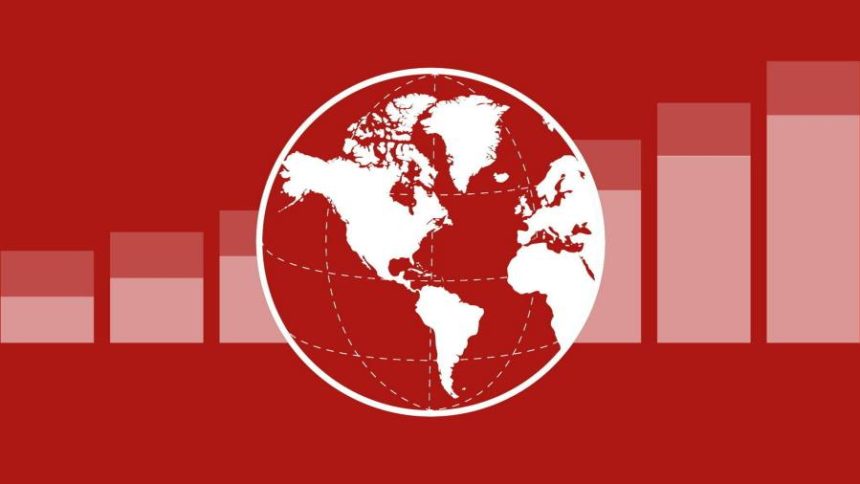Receive free Markets updates
We’ll send you a myFT Daily Digest email rounding up the latest Markets news every morning.
US and European equities rose on Friday as firmer oil prices lifted energy stocks on both sides of the Atlantic.
Wall Street’s benchmark S&P 500 advanced 0.4 per cent and the tech-focused Nasdaq Composite gained 0.5 per cent.
The gains were echoed in Europe where the region-wide Stoxx Europe 600 ended seven consecutive days of losses to finish 0.2 per cent higher.
Energy stocks posted sharp gains on both continents after Brent crude rose 1.2 per cent to $90.94 a barrel, close to its highest point since November. West Texas Intermediate, the US counterpart, rose 1.1 per cent to $87.82.
The S&P 500 Energy index advanced 1.5 per cent on Friday, while the Stoxx Europe 600 Energy index rose 0.4 per cent, closing at its highest level since March.
Oil prices have been climbing since the start of the week when two of the world’s top producers, Saudi Arabia and Russia, announced they would extend supply cuts until the end of this year.
Yet analysts do not “expect oil prices to drift too much upwards in the context of an overall slowdown in economic growth . . . and with the Chinese economy struggling to meet its growth targets”, according to Nadège Dufossé, global head of multi-asset at Candriam.
European and Chinese stocks declined on a weekly basis, as both markets were hit by a string of weak data that made investors fret over the prospect of a global economic downturn.
A streak of bleak economic data releases signalled a continued decline in China’s exports and imports, as well as a weakening services sector in Europe.
European utilities stocks rose 0.6 per cent, extending gains from earlier this week as they tend to be less sensitive to the economic cycle and so become more attractive when investors expect a downturn.
The majority of investors think that the European Central Bank will hold back from further tightening at its upcoming policy meeting next week, but some bet there are still more interest rate rises to come before the end of this year.
“We do not think the ECB will want to ‘shock’ the market, particularly against a backdrop of weakening economic data,” said Paul Hollingsworth, chief European economist at BNP Paribas.
Asian markets edged lower on Friday, with China’s benchmark CSI 300 down 0.5 per cent, while Japan’s Topix fell 1 per cent. Hong Kong markets were shut because of storms and flooding.
A sell-off in Chinese tech stocks sharpened the drop following reports that Beijing had banned central government officials from using iPhones for work. Shares in Apple supplier TSMC, the world’s biggest contract chipmaker, dropped 0.6 per cent.
Meanwhile, in the US, investors grew more concerned over the prospect of interest rates staying higher for longer after fresh data pointed to unexpected resilience in the US services sector and labour market.
Traders are poised for the closely watched US inflation report due next week in the hope of gaining more insight into the Federal Reserve’s policy plans more than a year after the central bank began to lift rates.
Read the full article here




